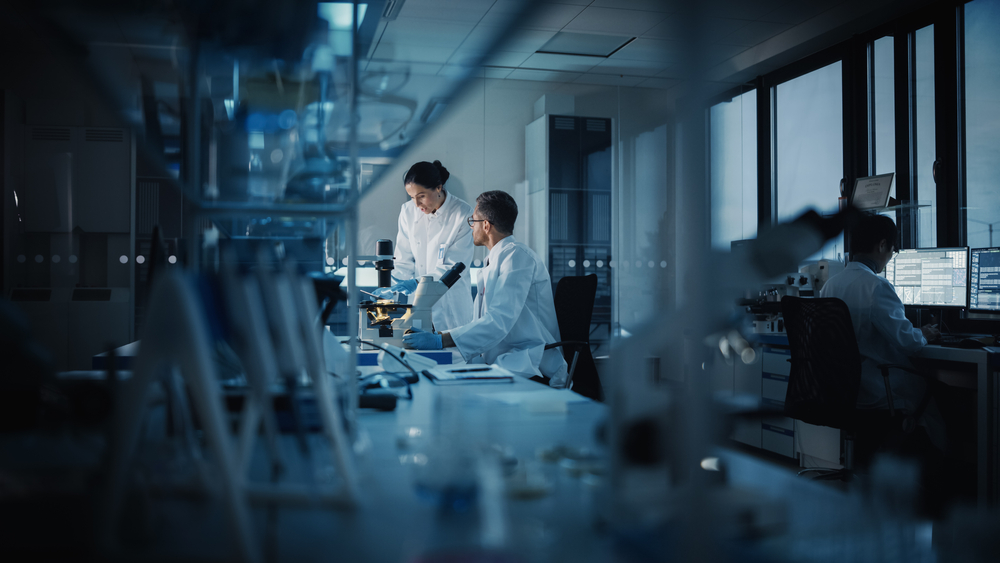Liverpool scientists develop potentially lifesaving synthetic antibiotics

University of Liverpool students have made significant progress in unlocking the medical potential of a new class of potent antibiotic, capable of killing ‘superbugs’ such as MRSA without detectable resistance.
Researchers have developed simplified synthetic versions of the molecule teixobactin, used by producer bacteria to kill other bacteria in soil. They have created and tested a unique library of synthetic versions of the ‘game changing’ antibiotic, optomising key features of the drug to enhance its efficacy and safety and enabling it to be inexpensively produced at scale.
This work builds upon pioneering research, lead by Dr Ishwar Singh, an expert in antimicrobial drug discovery and development and medicinal chemistry at Liverpool’s Centre of Excellence in Infectious Diseases Research (CEIDR). The latest progress has been achieved as part of a Small Business Research Initiative (SBRI) project, funded by the Department of Health and Social Care. This programme was delivered by Innovate UK on behalf of DHSC, with a goal of creating five lead compounds for future use in the battle against antimicrobial resistance (AMR).
Dr Singh said: “Our motivation is to adapt the natural teixobactin molecule and make it suitable for human use. This is a journey. Through this project we have demonstrated that we can make synthetic molecules at low cost and with high safety, which potently kills the resistant bacteria in mice.
“The advantage of synthetic diversity is that we can select or deselect properties and modify molecules to impact potency and other desirable drug-like qualities. Our ultimate goal is to have a number of viable drugs from our modular synthetic teixobactin platform which can be used as a ‘last line of defence’ against superbugs to save lives currently lost due to AMR.”
The research shows that simplified synthetic teixobactins kill a wide range of bacteria taken from human patients, where current antibiotics fail. They also successfully eradicated MRSA in mice and were found to accumulate at sites of infection for up to 24 hours in amounts greater than that required to kill superbugs.
In future, it is possible that patients may be treated with just one dose of teixobactin per day for systemic life-threatening resistant bacterial infections. The synthetic teixobactins have been found to be robust and stable at room temperature for years and do not require cold chain for distribution and storage. This means they have the potential to tackle resistant bacterial infections in different clinical settings globally.
Health and Social Care Secretary Sajid Javid said: “It is fantastic to see such innovative work like this happening in the UK – another clear example of this country being at the forefront of scientific advancements which can benefit people across the world.
“The rising tide of antimicrobial resistance is threatening the future of modern medicine, with currently treatable infections becoming untreatable and routine medical procedures such as caesarean sections becoming far less safe. Continuing to develop new drugs is critical in ensuring this risk does not become reality and that is why these results are so encouraging.”
Dr Phil Packer, Innovation lead for AMR and vaccines at Innovate UK said: “This has been an excellent project and we sincerely hope this work will continue and go much further. There is lots of development going on in the AMR space, however much of it is focused on modifying existing classes of molecules. This is useful in the short term, but these scaffold molecules are already familiar to bacteria, making resistance development against these molecules more likely. There is a lack in the AMR pipeline for new classes of antibiotics, which is where this project fits in.
“We are delighted with results, which have validated synthetic teixobactin’s promise to tackle resistant bacterial infections when currently used antibiotics fails. We look forward to following this journey closely in future.”
